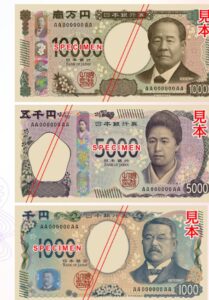Notes:
National Day 国家記念日;
Bastille prison バスティーユ牢獄. 1789年、7月14日、国民議会を支持したパリ市民がバスティーユ牢獄襲撃.フランス革命の発端となった。フランス革命のはじまりの日とされる;
Eiffel Tower エッフェル塔;
motto 標語;
smoothly 順調に;
***********************************
July 14th is France’s National Day. It celebrates the day in 1789 when people took over the Bastille prison, ending the king’s rule. Since 1880, the French have celebrated this day every year. This year’s celebration was special because the Summer Olympics will be in Paris.
On July 14th, there was a fantastic celebration near the Eiffel Tower. It featured 1,100 drones and fireworks. The drones made impressive shapes in the sky, like the motto of Paris and an athlete with the Olympic flame. This show was unique because it mixed traditional fireworks with new drone technology. There was no live audience because they are preparing the area for the Olympics.
The event also had the traditional military parade, but it was moved to a different street. The Olympic flame began its journey through Paris, visiting famous places like the Sacré-Cœur and Moulin Rouge. This celebration was a practice run for the Summer Olympics to ensure everything goes smoothly and safely.
***********************************
